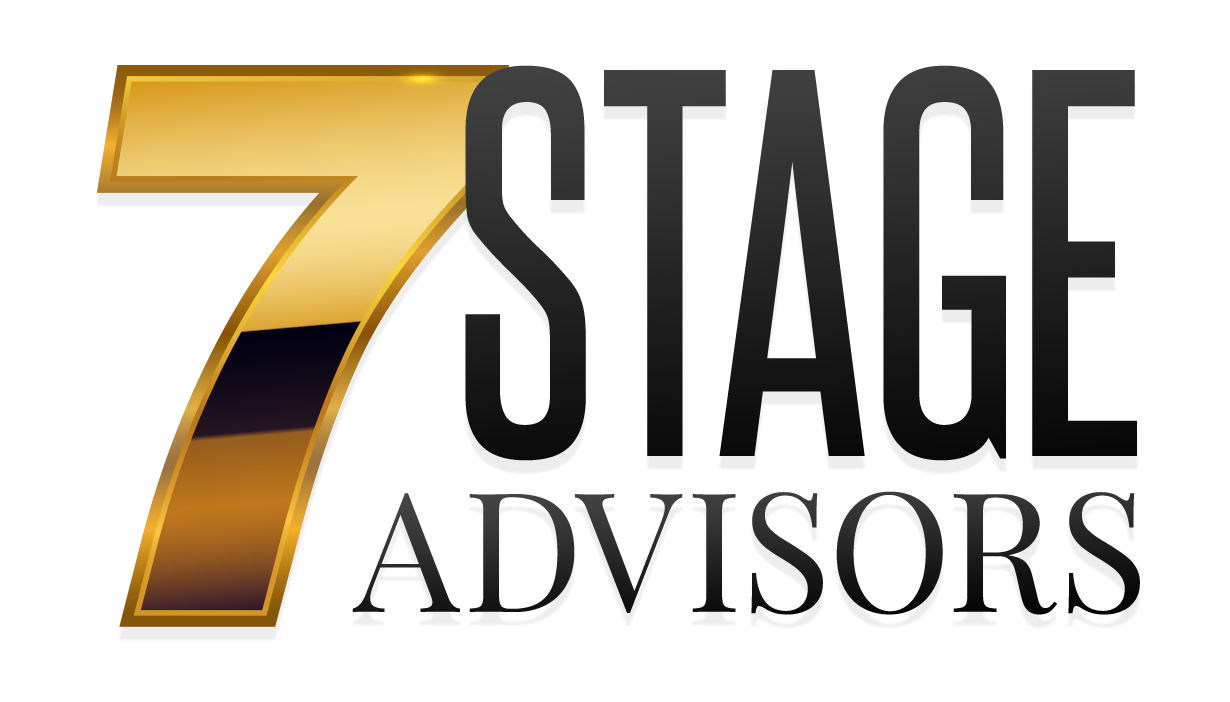At a critical stage in every company’s lifecycle, business leaders must determine whether they are positioning their organization for long-term scale or preparing it for sale, because the strategies, investments, and organizational design required for each objective are fundamentally different. Choosing a clear direction early allows for greater operational focus, financial clarity, and ultimately, a stronger outcome. That’s why it’s so important to decide if you want your business to create sustainable growth or a successful exit.
The Cost of Indecision
Many entrepreneurs mistakenly believe they can postpone this decision until the business reaches a certain size or milestone. In practice, waiting too long can result in misaligned investments, operational inefficiencies, and even reduced valuation at the time of sale. Without clarity on the end goal, business owners risk creating a cash-flow-driven company that lacks transferable value, or an asset-rich business that fails to deliver sufficient income in the short term.
Profitability vs. Predictability
Before assessing scale or sale strategies, business owners must understand that not all profit is equal. Generating revenue is not the same as generating enterprise value. Predictable, recurring, and contractually obligated revenue carries significantly more weight to potential buyers than inconsistent, project-based income. Buyers prioritize stability and transferability, while scalable companies rely on consistent performance metrics to drive reinvestment and expansion.
Scaling Requires Systems and Sacrifice
When scaling a business, the focus must shift to building replicable systems that operate independently of the founder. Scalability depends on internal infrastructure: documented processes, reliable automation, and teams that execute consistently across departments.
Growth-oriented businesses prioritize revenue models that emphasize repeatable income streams, such as subscriptions or renewable contracts, and they are prepared to make short-term financial sacrifices for long-term strategic gains. Scaling is often resource-intensive and may initially suppress profitability in pursuit of larger market share or brand dominance.
Preparing for Sale Requires Transferability
In contrast, a business designed for sale must be transferable. The goal is to remove dependence on the owner while preserving the business’s performance. Strong contractual relationships, assignable revenue, and documented procedures increase a company’s attractiveness to potential buyers. T
he business must be structured in a way that new ownership can assume control without disrupting operations. Systems should be productized, clearly defined, branded, and able to be executed by others without proprietary knowledge. Intellectual property, proprietary frameworks, and specialized tools further contribute to a company’s valuation, enhancing its strategic appeal in competitive acquisition markets.
Culture Is a Valuable Asset
An often-overlooked factor in both scaling and sale strategies is company culture. Far from being a soft concept, culture is a tangible business asset that influences performance, alignment, and retention.
In scaling organizations, culture functions as a unifying force that maintains continuity as the company expands and evolves.
In sale-ready organizations, it serves as a marker of stability, helping to reassure buyers that the workforce is cohesive and operational continuity is assured after transition.
How to Systemize Culture
To maximize the value of culture, organizations should take deliberate steps to systematize it. This includes clearly articulating core values in actionable terms, formalizing recognition and reward systems, building repeatable rituals that promote engagement, and embedding cultural training into onboarding processes. When culture is documented and reinforced through systems, it becomes part of the company’s infrastructure, adding value and longevity.
One Strategic Decision, Two Very Different Outcomes
Ultimately, business leaders must decide which game they are playing. Scaling demands bold investments, tolerance for risk, and a long-term outlook. Selling requires a streamlined, efficient, and transferrable operation that delivers immediate value to a new owner. Attempting to pursue both strategies simultaneously often leads to diluted results and missed opportunities.
7 Stages Advisors helps companies make the choice, and then provides the insight and operational guidance needed to make execute it effectively. Whether the goal is expansion or exit, clarity of purpose is the first, and most essential, step toward success. Contact us today to find out if we can help your organization transition into its next, profitable chapter.

